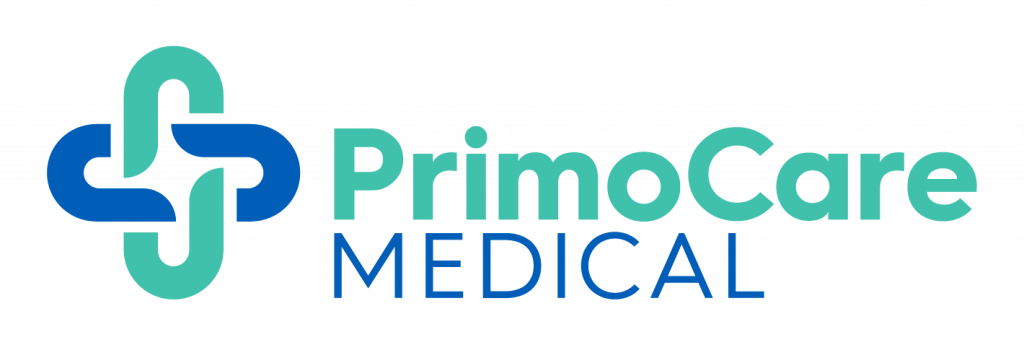
Diabetes is a chronic health condition that affects millions of people worldwide and is a health condition that affects how the body utilizes sugar from the food. The food we consume is broken down and sugar is one of the nutrients degraded from carbohydrates which is able to be absorbed into your bloodstream through the gut. Once the blood sugar level increases ,the body releases insulin (a biological signal) to let your body’s cells consume and use it as energy.
With diabetes, the body doesn’t make enough insulin (type I diabetes) or being stubborn to the signal (type II diabetes : insulin resistance). As a consequence, blood sugar rises because it is unable to be used by the cells. It could lead to a range of serious health complications if it is left untreated.
Type 1 Diabetes:
Type 1 diabetes is also known as insulin-dependent diabetes which is a chronic condition where the pancreas makes too little insulin. This type is commonly found at a young age and usually caused by genetic factors. Insulin therapy is the main treatment for this type to prevent complications.
Type 2 Diabetes:
Type 2 diabetes is also known as non-insulin dependent diabetes and it is the most common form of diabetes and usually diagnosed in adulthood. This type is caused by insulin resistance and associated with both genetics and the patient’s behavior. With proper lifestyle modification, many patients can live their lives normally without any medications.
Gestational Diabetes:
Gestational diabetes is a form of diabetes that develops during pregnancy. The body, in response to an increase of hormones, resists the signal from insulin. Thus the blood sugar rises.
Good managing of gestational diabetes is crucial to make sure to avoid complications from pregnancy and a healthy baby. This type of diabetes usually disappears after childbirth, it may increase the risk of developing type 2 diabetes later though.
Symptoms:
Symptoms of Type 1 and Type 2 diabetes share common symptoms. The symptoms includes:
However, signs and symptoms of type 2 diabetes often develop slowly and less noticeable.
Learn how to modify the lifestyle, be supervised and receive personalized behavioral advice to match with the personal health conditions from a team of medical professionals, physiotherapists and dietitians at PrimoCare Medical Clinic.
If you need a consultation with a doctor about diabetes and diet patterns, visit PrimoCare Medical Clinic to receive advice from professionals. You can inquire or make an appointment in advance here.
References:
1 Soi Krungthepkreetha 4 (B.Grimm), Huamark, Bangkapi, Bangkok 10240
Tel: +66 2038 5595
Line ID: @primocare
Email: [email protected]

1 Soi Krungthepkreetha 4 (B.Grimm), Huamark, Bangkapi, Bangkok 10240
Tel: +66 2038 5595
Line ID: @primocare
Email: [email protected]
©2022 PrimoCare Medical Limited. All rights reserved.
©2021 PrimoCare MEDICAL Limited All rights reserved.